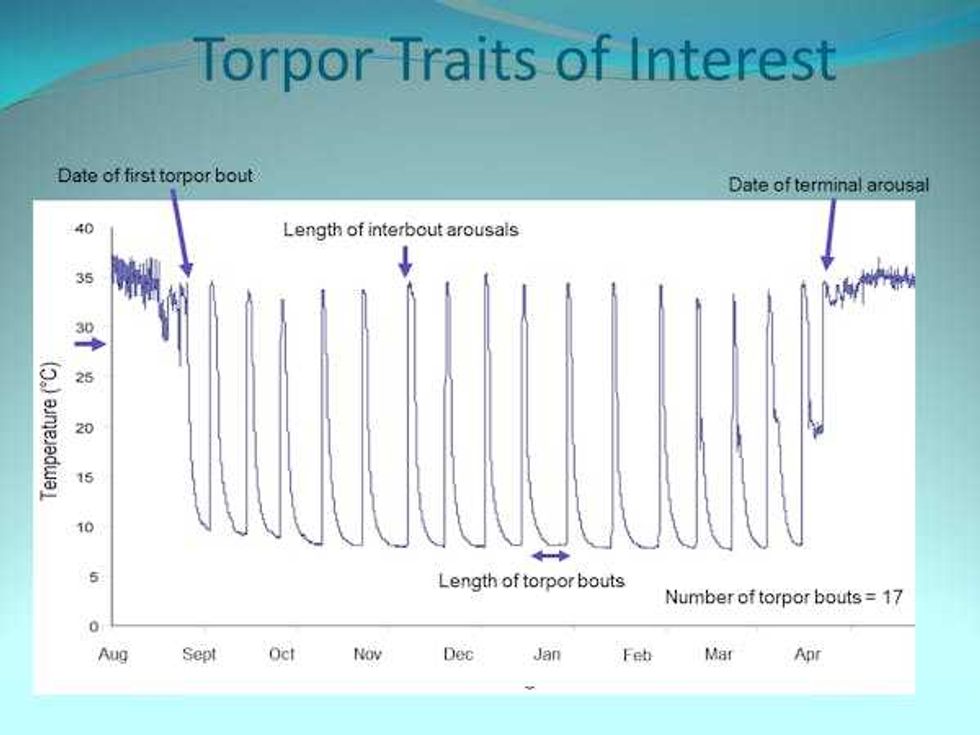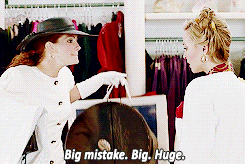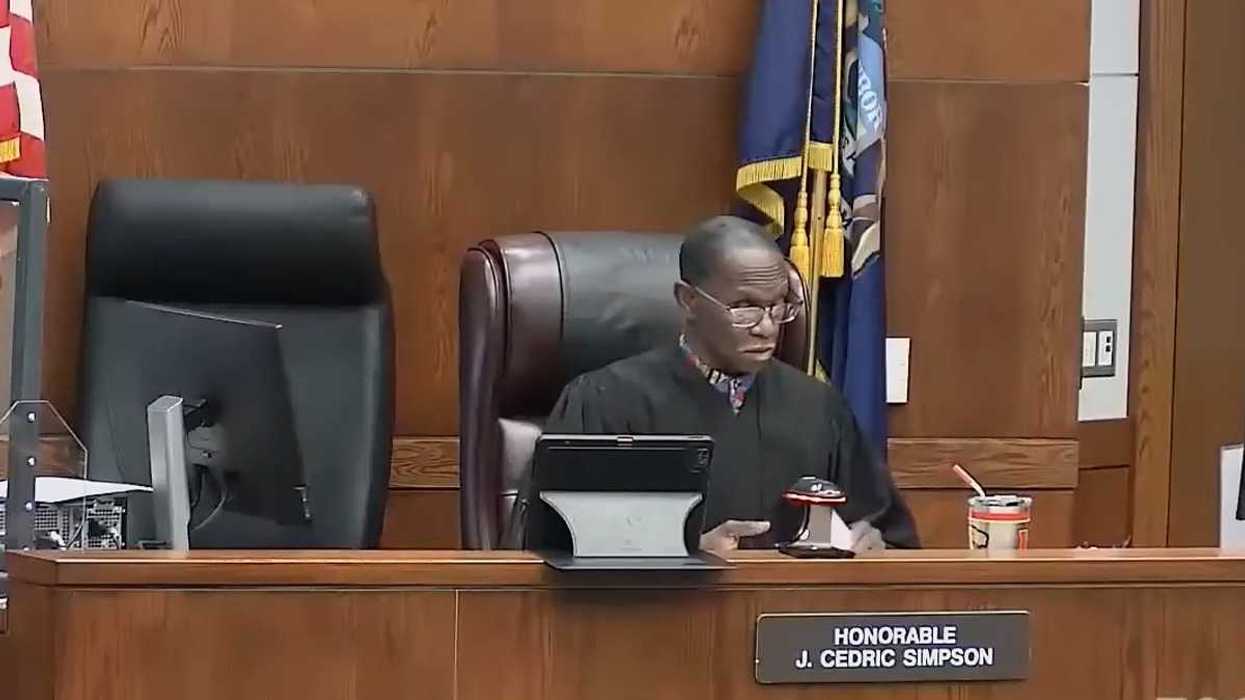The big food news today (for better or worse) is that of Pete Wells’ zero-star review of Roy Choi and Daniel Patterson’s LocoL. For those who are unfamiliar, LocoL is a fast-food-style chain—only two have popped up in Watts and Oakland so far, but more are planned—whose concept is “chef-driven,” healthy-option bowls and burgers in neighborhoods that don’t get much attention from food-world chefs. On top of that, the restaurant is dedicated to hiring residents of these food deserts and endeavors to be a hub.
It’s a principled concept, and an admirable one in its optimism. Choi has been on a food-activism kick for a minute. In 2011, he helped serve 3500 homeless on Skid Row. Two years later, he worked with Jefferson High School teens to start up the now-defunct 3 World Café in South Los Angeles. In January of last year, Choi and Patterson opened LocoL in Watts, followed by another restaurant in Oakland in May.
The food at the Oakland location, according to Wells, isn’t on the level.
Wells is best known for his fish-barrel trashing of Guy Fieri’s American Kitchen & Bar (“Why did the toasted marshmallow taste like fish?”) and his two-star zapping of Thomas Keller’s pricey Per Se (“The kitchen could improve the bacon-wrapped cylinder of quail simply by not placing it on top of a dismal green pulp of cooked romaine lettuce, crunchy and mushy at once.”) He comes across as a populist food critic, willing to get his tongue dirty, incredulous of hype— a bit like Roger Ebert with a bib: funny, abrasive, often illuminating, and sometimes off-base.
His latest review brings up a lot of questions.
Off the bat, the goose egg laid upon LocaL gets at an important question: What is the role of the food critic? Do food critics have an imperative to review every restaurant? What about fast food restaurants?
Let’s review the review for a second: Wells travels out of New York to Oakland to sample LocaL. Who assigned him to go? Did he pitch it to his editor? Does Jonathan Gold review restaurants outside of LA.? Does context matter when reviewing a restaurant, or should one erase all context and focus solely on the food and ambience? Would Wells review a fast-food joint in New York?
The title of the review is, “Fast Food for Needy Neighborhoods, at Locol in California.” Is the word “needy” a pejorative here? The Saterlandic root of the word means “miserable, poor, wretched.” Or is needy used flat-footedly here? As in, this area “needs” this kind of restaurant.
The review starts out by saying, “The chefs Daniel Patterson and Roy Choi are trying to do so many things with their insurgent fast-food chain, Locol, that it almost has to fall short somewhere. What I didn’t expect before I ate at the branch here was that the big problem would turn out to be the food.” What exactly did Wells expect? Do reviewers often bring expectations with them to reviews of restaurants they’d not yet dined at? Did he expect the service to be bad? Or the ambience?
Wells obviously thinks the food is, overall, bad. Which brings up so many more questions. What is bad food? Does it taste as bad when you are in a “needy” neighborhood? Does the food in these “needy” neighborhoods taste worse to Wells, who often dines in less-“needy” neighborhoods? What are the stratifications of access to food deemed worthy by Wells? Does he feel the need to review the food given out by homeless shelters? Will he sit down at a prison restaurant?
Does food taste as bad when you are hungrier, or does it taste worse? What if you haven’t eaten since the day before? What if you’re used to the flavors provided by McDonald’s?
Wells goes on to criticize the direct placement of the Oakland location, saying that there are other options around—why go to LocaL when there are better choices? My take is that Wells is purposing criticism when it suits him. He tiptoes the line between directly critting the food while also diving into the social implications. He avoids delving into the thornier issues by falling back to the food. He says the “people working at LocoL … seem glad to be there,” which is a kind of assumption that goes well beyond food criticism. The working conditions and employee satisfaction of LocaL isn’t a guessable quantity, and it demeans the workers. Wells would not make the same guesswork at a different establishment.
Another big downfall of the criticism is Wells’s choice to patronize one location, and it brings up not only role of the food critic, but the role of franchises in general. A bigger question that would be better served by a criticism of LocoL would be: Is Choi and Patterson’s company set up to function like an actual fast-food restaurant? Can it maintain quality control and uniformity like, say, Umami Burger or even McDonald’s does? And if that is one quality of fast food, then shouldn’t LocoL also be judged on each location? Would one review every McDonald’s with that in mind?
I’m not the biggest fan of Yelp. It has its downsides; the general public is often liable to bias, and the sample of people who leave reviews on Yelp can be skewed towards outsiders, especially when the neighborhood is less likely to have a Yelp culture. Reviewers tend to only review their one experience, while critics often patronize a restaurant on several occasions.
But the Yelp reviews appear to be more reliable than Wells in this instance. Some are into the food. Some aren’t. Some take into consideration the social implications of the concept. Some don’t. But in the end, I come away having a much better understanding of what’s being served, and the quality of the food, from Yelp than from Wells’ review. For those who care about these things: the Oakland spot has 3.5 stars, while the Watts location has a solid 4.
For his part, Choi has responded in a post on Instagram:
“The truth is that LocoL has hit a nerve,” he writes, posting a letter he sent to his staff. “Doesn't mean all people love it, some hate it. But no one is indifferent by it. That's the spirit of LocoL. It has nothing to do with my ego. It's something bigger than all of us. Pete Wells is a component to its DNA. His criticisms are a reflection of us and the nerve that LocoL touches. And our imperfections. We all know the food is not as bad as he states. Is it perfect? NO. But it's not as bad as he writes.”
A final wrinkle in the story is that Choi’s food has seen a relative dip in quality. On a recent trip to his street food outpost Chego in LA’s Chinatown, I experienced extremely overcooked noodles. A co-worker recently told me of a bad experience at POT, the restaurant at Choi’s The Line hotel. I often wonder if Choi’s concepts don’t sometimes overshadow his products. Is he so caught up in being a creative soul that he can’t check the overall quality control of his many restaurants? Which is to say that I don’t doubt LocoL’s food might only be okay. But the point is, in this case, it’s part of a larger, much more nuanced conversation than Wells starts. This is a case of Wells punching down, and doing so inelegantly.
















 Female groundhog emerging from her burrow in late January.Stam Zervanos, Author provided
Female groundhog emerging from her burrow in late January.Stam Zervanos, Author provided This Maine groundhog had 17 torpor bouts where body temperature went up and down.Stam Zervanos, Author provided
This Maine groundhog had 17 torpor bouts where body temperature went up and down.Stam Zervanos, Author provided Male groundhog (on the right) greeting a female groundhog for the first time after they emerge from their separate burrows.Stam Zervanos, Author provided
Male groundhog (on the right) greeting a female groundhog for the first time after they emerge from their separate burrows.Stam Zervanos, Author provided
 A beluga whale frolicking in the oceanCanva
A beluga whale frolicking in the oceanCanva  A beluga whale pops up from the waterCanva
A beluga whale pops up from the waterCanva 

 A woman sits in a new car at a dealershipCanva
A woman sits in a new car at a dealershipCanva GIf from 'Pretty Woman' of Roberts saying "BIg mistake. Big. Huge." via
GIf from 'Pretty Woman' of Roberts saying "BIg mistake. Big. Huge." via 

 People voting. Photo credit:
People voting. Photo credit:  Young women rally. Photo credit:
Young women rally. Photo credit:  Tressie McMillan Cottom.Tressie McMillan Cottom/
Tressie McMillan Cottom.Tressie McMillan Cottom/ 
 Winter weather.
Winter weather. 
 Honorable J. Cedric Simpson at work in the courtroom.Image from
Honorable J. Cedric Simpson at work in the courtroom.Image from  A close up of Judge Simpson.Image from
A close up of Judge Simpson.Image from